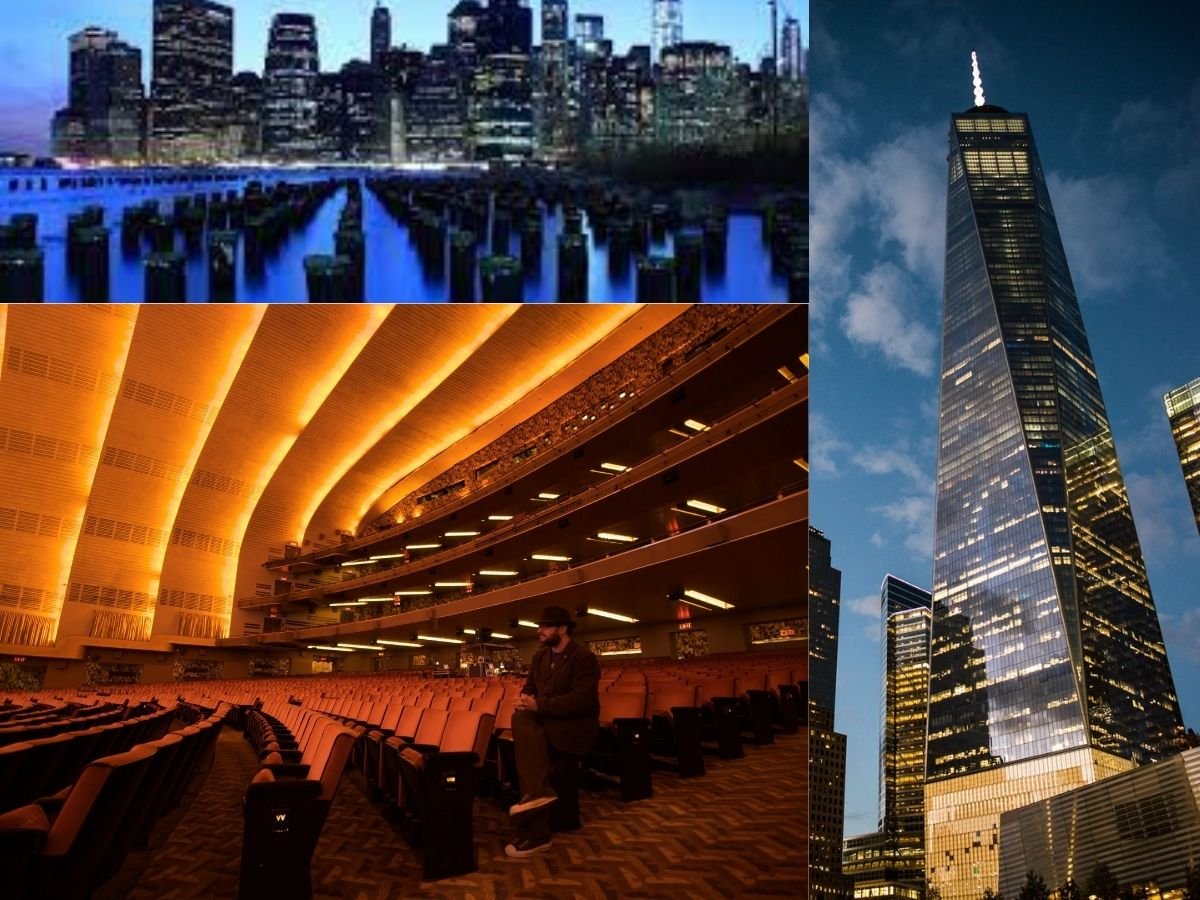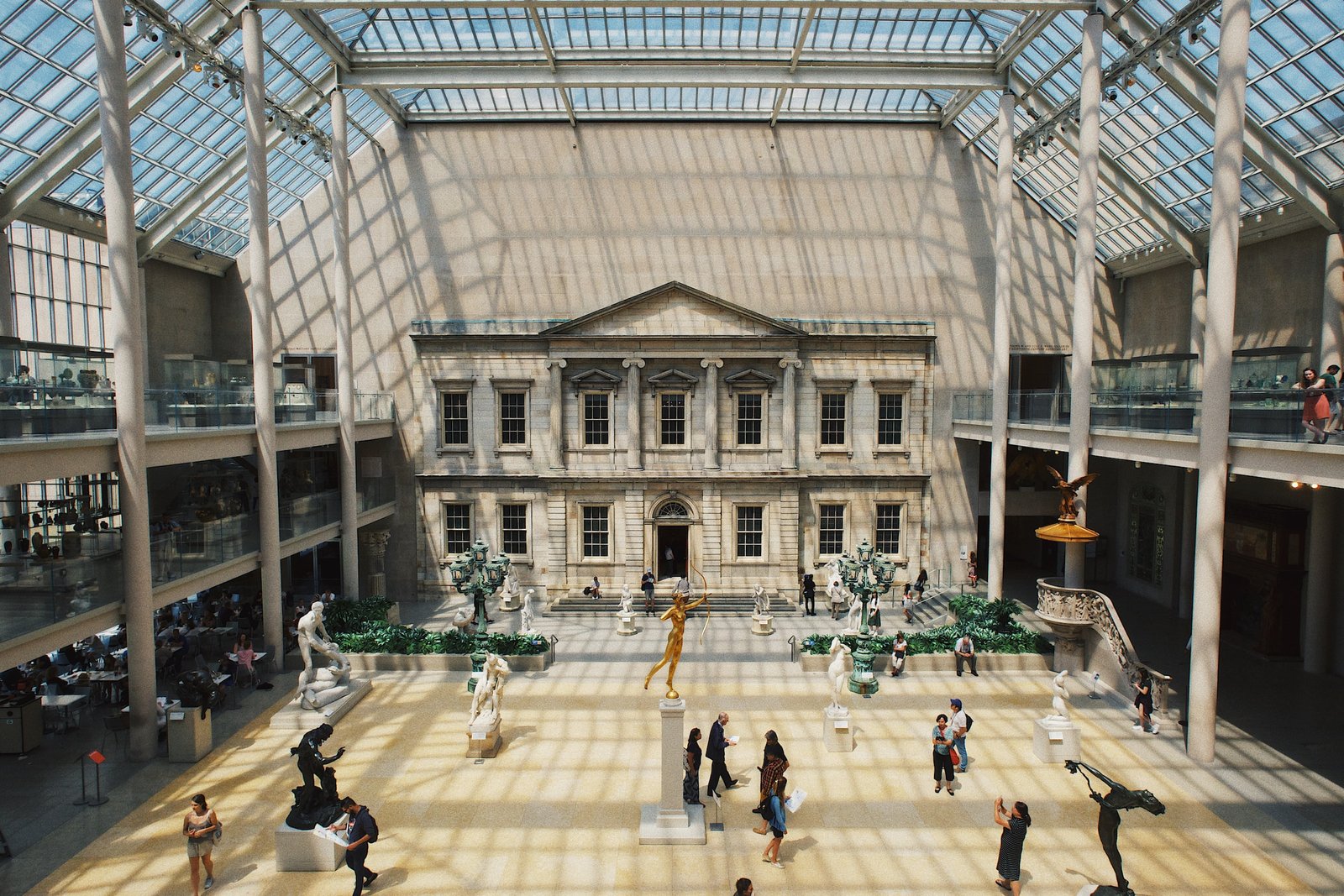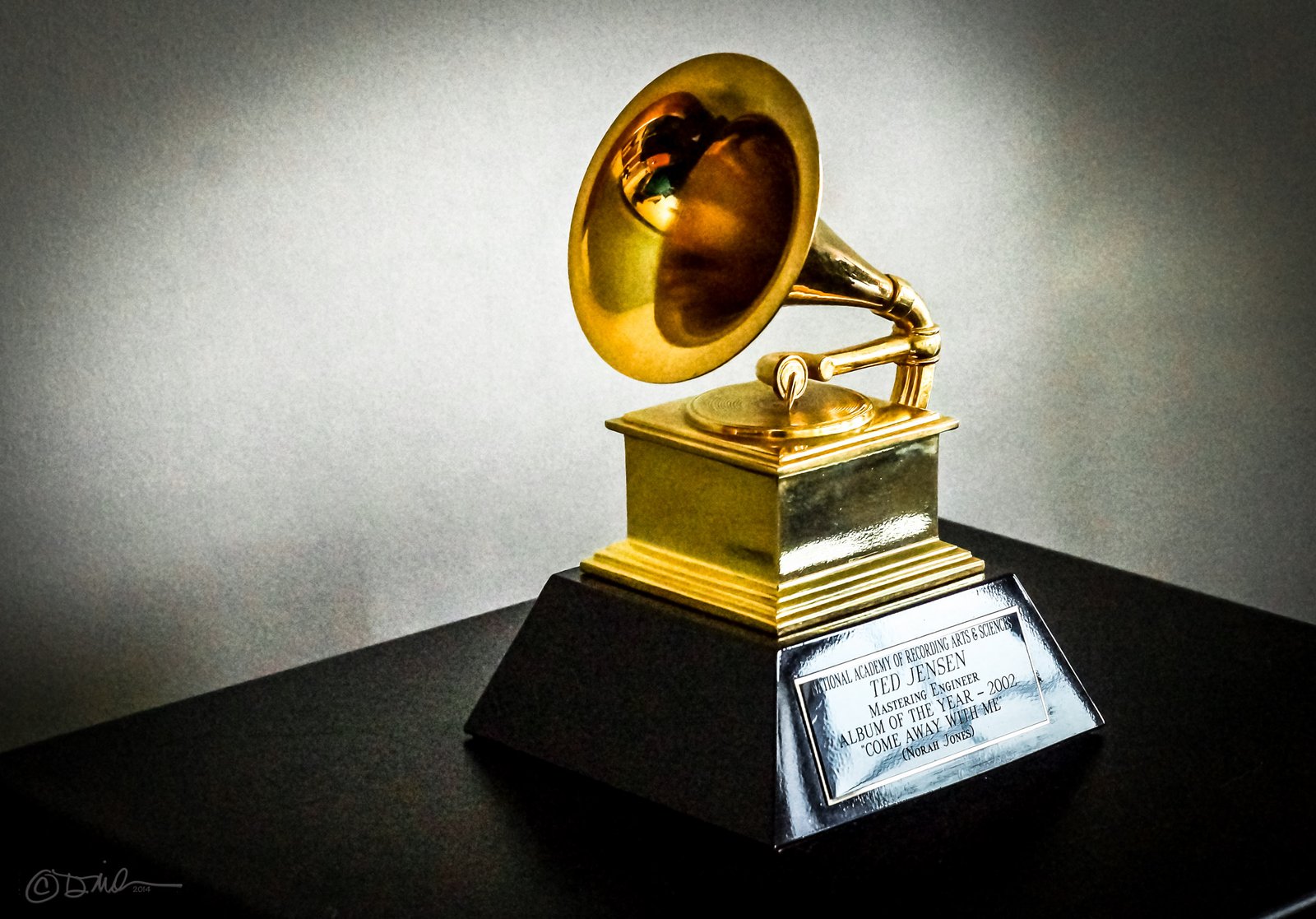The Oscars event telecasted with a pandemic-era innovation on Sunday was a different experience. Apparently, it was an unusual Oscars ceremony in the entire 93-year history. The in-person audience was restricted to 170 people only.
The event emanated from two locations; Union Station in downtown Los Angeles and Dolby Theater in Hollywood. Several UK-based nominees were at a venue in London.
The Presentation Of The Event
After a regimen of temperature checks, fancy masks checks, and coronavirus tests, the audience gathered. With no host, the three-hour telecast went on. The event began in an unusual fashion; Regina King, the first presenter opened. She strolled through the Beaux-Arts train station to a small stage. It felt like a film.
Guests and nominees sat in tiered blue banquettes at tables with lamps. The lamps matched the Oscar-silhouettes. Brad Pitt, Reese Witherspoon presented the show. They introduced each nominee with a short interesting story about their first job in the industry or first movie.
On the other hand, Glenn Close, best supporting actress nominee, danced briefly to “Da Butt”.
Chloe Zhao
Chloe Zhao won the best director and best picture award. She won for her film ‘Nomadland’. Moreover, the event highlighted an unprecedented number of films produced by and starring people of color. Zhao is the first woman of Asian descent to win the award. Two of the five nominated directors were women. Chloe Zhao beat Emerald Fennell in the first instance of two women nominated in the directing category.
Hairstylists Mia Neal and Jamika Wilson (Ma Rainey’s Black Bottom) became the first Black winners of Best Makeup and Hairstyling. They shared the award with Spaniard Sergio Lopez-Rivera.
“Jamika and I break this glass ceiling with so much excitement for the future because I can picture black trans women standing up here and Asian sisters and Latinx sisters, and one day it won’t be unusual and groundbreaking, it will just be normal,” Mia Seal excitedly said.
Ann Roth was the oldest woman to win an Oscar. She won an award for the best costume design.
Yuh-Jung Takes a Silhouette Home
South Korean actress Yuh-Jung Youn won best supporting actress for Minari. She played her role as the grandmother in the Korean-American family drama, Minari. Yuh-Jung beat Olivia Colman, Amanda Seyfried, Maria Bakalova and Glenn Close.
“How can I win over Glenn Close?”, Yuh-Jung Youn asked.
Frances McDormand won the best actress award. Furthermore, McDormand’s win for best actress marked a three-peat: She won for “Fargo” in 1997 and “Three Billboards Outside Ebbing, Missouri” in 2018.
Steven Yeun (Minari) was the first Asian American and Riz Ahmed (Sound of Metal) was the first Muslim to be nominated for Best Actor (both lost to Anthony Hopkins in The Father).
Sir Anthony Hopkins, won the best actor. He captured an aging man struggling with his memory in the movie, “The Father”. His masterful performance beautifully showcased a man suffering from dementia. He won his first Oscar for The Silence of the Lambs. However, he did not manage to attend the event.
“At 83 years of age I did not expect to get this award, I really did not. I am very grateful to the Academy, and thank you,” he said in a video clip.
Daniel Kaluuya
Black actors represented among all of the major acting categories. Daniel Kaluuya celebrated glory. He won an award for his acting as Black Panthers leader Fred Hampton in Judas and the Black Messiah.
“What a man. How blessed we are that we live in a lifetime where he existed. I am humbled to be nominated for portraying a man whose principles I deeply respect and for guiding me to walk in his footsteps,” Kaluuya said.
Furthermore, Kaluuya paid tribute to his mother, who was watching at the BFI. He said his mother gave him his factory settings so he can stand at his fullest height.
Additionally, Emerald Fennell won for her first film as writer and director. Fennell is been best-known for appearing as Camilla Parker-Bowles in Netflix’s The Crown’.
Furthermore, James Reed won the best documentary feature for My Octopus Teacher. Martin Desmond Roe won best live-action short for Two Distant Strangers
In addition to that, Atticus Ross shared the best score prize with Trent Reznor and Jon Batiste for Soul. Equally important, Andrew Jackson and Andrew Lockley won best visual effects for Tenet.
In fact, Netflix hauled 7 Oscar awards. Netflix won the most awards than any other studio.
Facebook’s First Oscar
In addition to that Facebook also won its first silhouette as it snagged Best Documentary Short Subject – Colette. Colette captured the real-life story of Colette Marin-Catherine, who fought the Nazis as a member of the French Resistance.
“The real hero here is Colette herself, who has shared her story with integrity and strength. As we see in the film, resistance takes courage, but facing one’s past may take even more. Allowing us to preserve this pilgrimage for future generations was a true act of bravery and trust,” Doran said.
Read more on: Prince Charles May Cut-off Harry and Meghan From The Royal Family







































